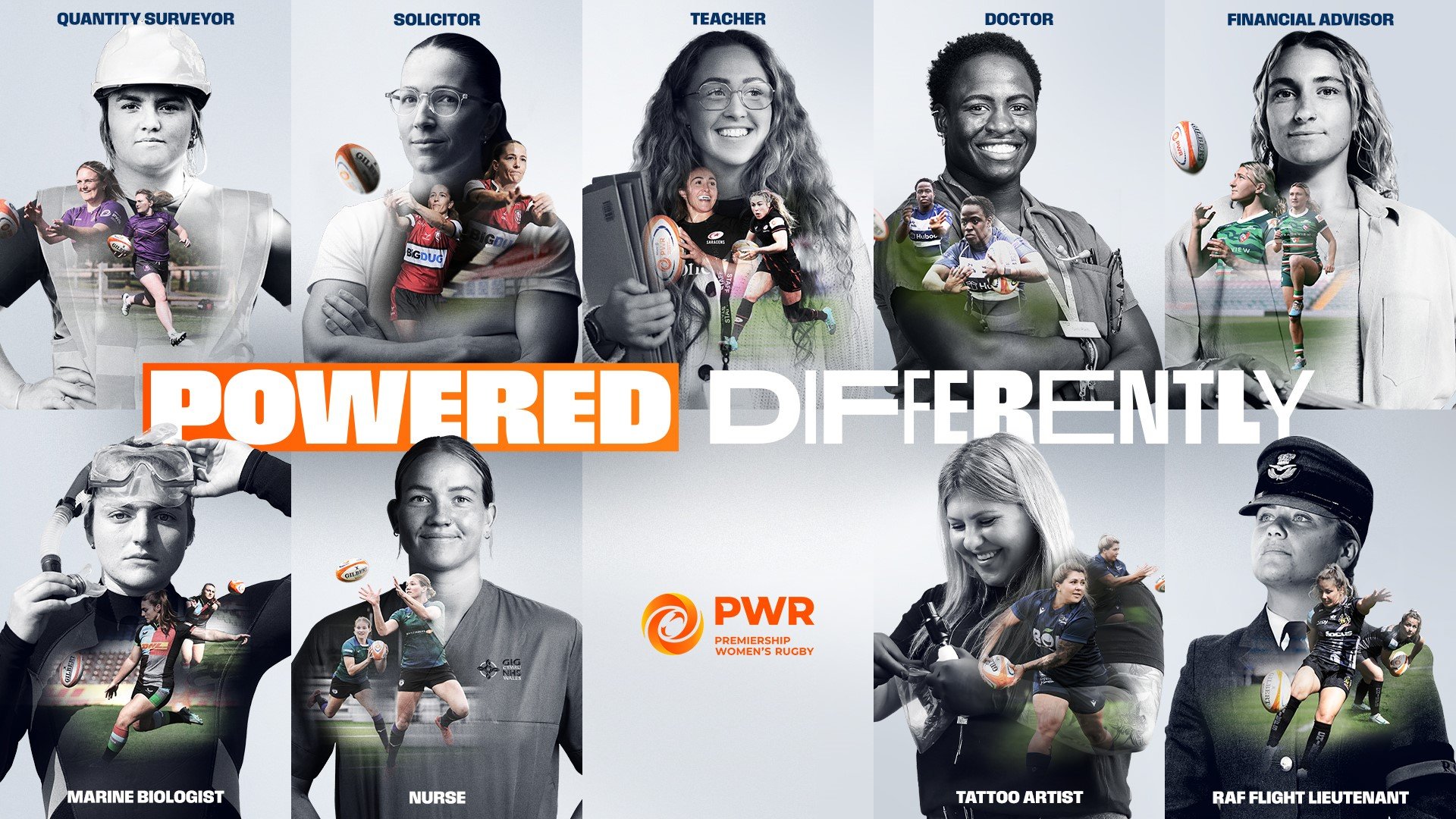How Social Media has Changed the Game for Female Athletes
Social media has not only changed the game for female athletics, but has transformed how they connect with their fans, secure partnerships and inspire others. Social media platforms, such as TikTok and Instagram, have seen a high rate of female athletes present themselves online, including American rugby player Ilona Maher and American gymnast Simone Biles. This has significantly contributed to the growth and empowerment of women in sports, as well as their visibility and opportunities on offer. Social media has created a new playing field for not only female athletes, but women and girls around the world.
Prior to social media, women were less seen in the sports industry; England didn’t have a professional women’s football team until 2018, and women weren’t allowed to compete in every Olympic sports until 2012. Social media campaigns that focus on female athletes have given women more equality within this field and given the next generation of women and girls strong role models to look up to. An example of a powerful campaign is the 2024 Premiership Women’s Rugby ‘Powered Differently’ campaign. The campaign was originally created to showcase the strength, resilience and determination of the female rugby players, whilst breaking stereotypes around women in the industry. The campaign broke all records with more than 1 million impressions and 640,000 views to date on the Premiership Women’s Rugby social media channels. Alongside these female athletes, social media influencers have been increasing visibility for women in the fitness industry. Influencers such as Georgia Rose, Whitney Simmons and Leana Deeb have created huge platforms to represent and inspire other women. Brands including Gymshark, Nike and Adidas have all worked closely with these female influencers, which most likely would never have happened without social media. Visibility helps drive fan support, increase sponsorship deals, and ultimately pushes for more equitable treatment in sports.
With increased visibility, female athletes have attracted more brand partnerships, giving them the change to expand their influence. Since the rise of social media, a huge number of brands have chosen to partner with women in the sports field. In 2022, Nike collaborated with 13 female athletes to bring equality to sports. The women in the campaign, including Serena Williams, Angela Davis and Ada Hegerberg, previously spoke out about the issues that women face in the industry, including less opportunities and unequal pay. Nike gave these athletes a huge platform to speak on, increasing the discussion on these issues. Like Nike, many brands now understand the importance of creating an online space for women, which is further increasing visability. Gymshark, like many other sport brands today, now have a social media account specifically for women which now amounts to over 3.5 million followers. This alone showcases the importance of representation of women in the fitness and sports industry. Brands that recognise the importance of partnering with female athletes reach a passionate and diverse audience interested in health, empowerment and equality.
In addition to increased visibility and brand partnerships, social media has created a space that enables women to empower and inspire one another. This is important as many women face struggles within the sports industry; according to a recent Stylist article 78% of female athletes were said to be self-conscious about their body image. Female athletes and fitness influencers all over the world have made sure to discuss these issues, including body image, mental health and sexism to raise awareness. Simone Biles and Ilona Maher are two big examples of female athletes discussing these important topics. Only a few months ago, Biles posted an image with the caption ‘mental health matters’. The response she received from her audience was extremely positive, with women responding with comments such as ‘you’re the role model we need’ and ‘you are my hero’. Despite Biles struggling, her openness makes her a huge role model for other athletes who feel the same. Ilona Maher has also spoken out about her struggles. At the end of 2023, she posted a TikTok showing her thighs to normalize cellulite, a common issue amongst women that can be a cause of low self-confidence. Prior to that video, Maher created the viral hashtag #beastbeautybrains to promote inclusivity and positive body image. She received an extremely positive response on social media and gained her over 2 million followers on both TikTok and Instagram, showcasing the affect these athletes have when they post about important issues. Thousands of social media influencers have now created accounts dedicated to discussing struggles that women face at the gym and in sports, creating a positive impact for women. Discussing these issues will provide a more equality for women in sports and fitness.
Social media has fundamentally transformed the landscape for female athletes by increasing their visibility, partnership opportunities and empowerment within the industry. Through powerful campaigns, like the 2024 Premiership Women’s Rugby 'Powered Differently’ campaign, women in sports have been able to challenge stereotypes and gain the recognition they deserve. Athletes, including Simone Biles and Ilona Maher, and fitness influencers, such as Georgia Rose and Whitney Simmons, have elevated representation for women in the industry, which has led to partnerships with major brands like Nike and Gymshark. These online spaces have not only provided female athletes with opportunities to share their stories and struggles, but also empower women to uplift and support one another. Ultimately, social media has been a game-changer for women in sports; fostering greater equality, visibility, and influence, and creating a stronger, more inclusive environment for future generations of athletes. As social media continues to reshape the world of sports, we all have a part to play in elevating the voices of female athletes on and off the field, and on and off our screens.


